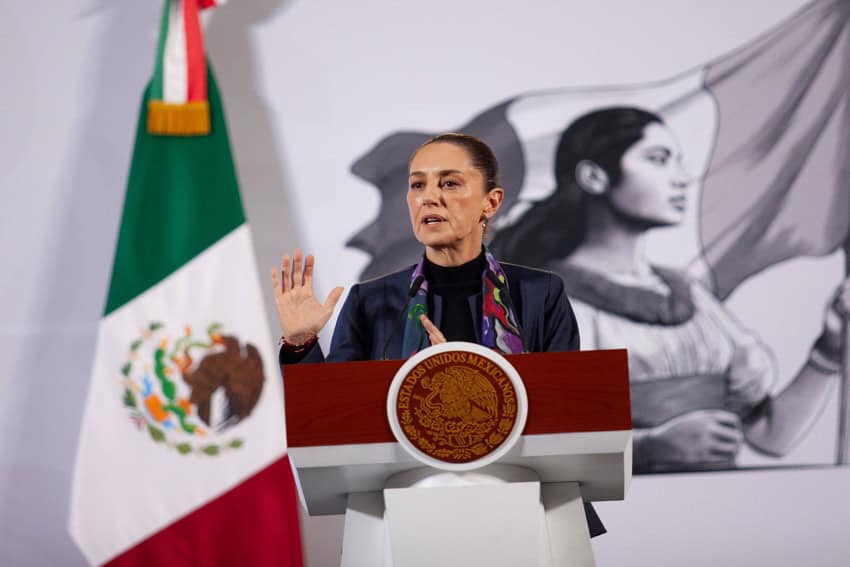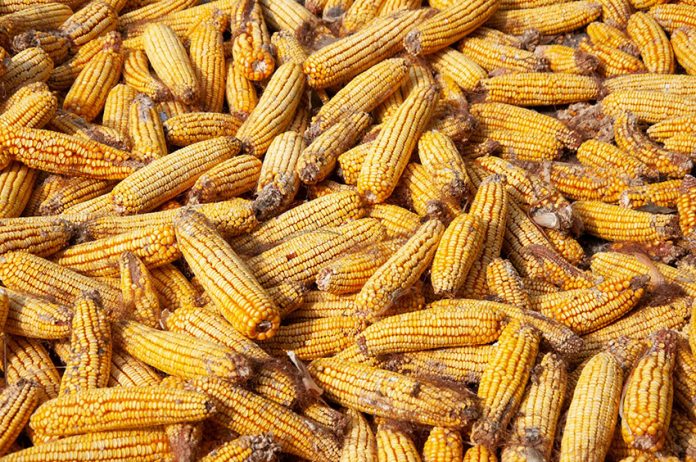A three-member USMCA dispute resolution panel has handed Mexico a big defeat by ruling against the country’s restrictions on genetically modified (GM) corn imports, citing a lack of scientific basis for the measures.
The panel found that Mexico’s policies were in violation of its obligations under the U.S.-Mexico-Canada Agreement (USMCA), most notably in regard to market access.
The U.S. Trade Representative’s (USTR) office said the panel ruled in favor of all seven U.S. legal claims in the long-running case, “handing the Biden administration a major trade victory in its final weeks,” according to Reuters.
Announced on Friday, the decision comes after years of escalating tensions since Mexico’s initial 2021 decree to phase out GM corn for human consumption — starting with bans against the use of GM corn in tortillas and dough, with a possible future ban on GM corn for livestock, as well.
Mexico has been importing GM corn from the U.S. for years, buying about US $3 billion worth annually. That corn is mainly used to feed livestock.
The United States Department of Agriculture (USDA) notes that more than 90% of corn in the U.S. is produced using genetically engineered varieties, according to a fact sheet produced by the Washington, D.C.-based Wilson Center.

In general, genetic modifications made to plants introduce traits such as resistance to pests, tolerance to herbicides such as Roundup, better nutritional content or faster growth.
While genetically modified organisms (GMOs) remain a subject of debate, the widely used but controversial herbicide Roundup has been classified as a “probable carcinogen,” by the World Health Organization (WHO).
The USTR hailed last week’s ruling, stating it upheld USMCA principles and protected U.S. farmers — as Mexico is the largest market for U.S. corn exports.
According to the Foreign Agriculture Service (FAS), an agency within the USDA, Mexico imported US $4.25 billion of corn from the U.S. from January through September of this year, a period in which U.S. corn exports totaled US $10.76 billion.
Mexico’s Ministry of Economy said in a statement on Friday that it does not agree with the ruling, but “will respect the determination, since the USMCA dispute resolution system is a key part of the treaty.” The ministry’s statement stressed that Mexico’s GMO measures were designed “to protect public health and Indigenous rights.”
Over the weekend, Mexican President Claudia Sheinbaum said she also disagrees but will now work on promoting reform to the GMO decrees issued under former President Andrés Manuel López Obrador.
“We are going to reverse this decision, because very soon, in February, [Mexico’s Congress is] going to legislate, I am sure, that transgenic corn cannot be planted [in Mexico starting in 2025] and that Mexico’s biodiversity must be protected,” Sheinbaum said.

Both the Chamber of Deputies and the Senate are in recess, returning Feb. 1.
In addition to citing unfair trade restrictions, the U.S. argued that Mexico’s restrictions were not grounded in science and that Mexico failed to properly conduct and document its risk assessments on GM crops.
The panel’s final report gave Mexico 45 days to adjust its policies or face potential retaliatory tariffs.
Experts say the GM corn dispute could strain Mexico-U.S. relations as the USMCA faces renegotiation under the incoming Trump administration.
Despite the ruling, Mexico is still planning a gradual transition away from GM corn, though it remains a contentious issue. Analysts predict prolonged debates over the environmental and health implications of biotechnology as Mexico seeks to balance trade obligations with domestic goals.
Part of the equation going forward could be “short corn,” which Bayer, the owner of Monsanto, has been studying in Mexico with hopes of revolutionizing the global corn industry.
With reports from AP, Reuters and CNN en Español
